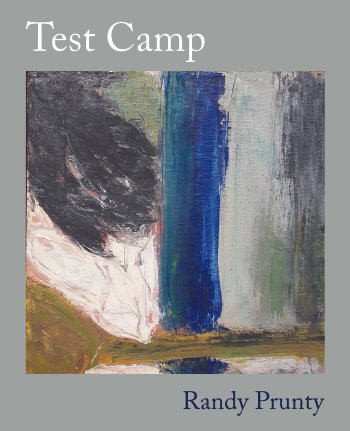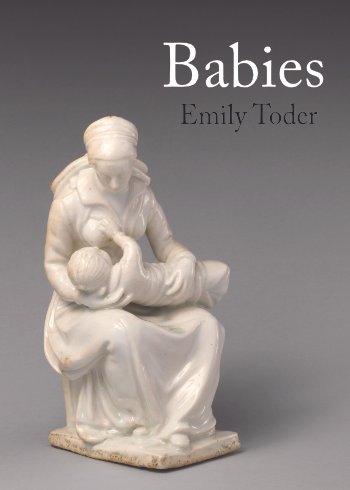With a dry, humane wit and a poet’s respect for dreams sent by ancestors, Randy Prunty’s Test Camp forages through deforested ruins on earth and bivouacs of everyday life. In this register of poetry and beauty, with Vincent Van Gogh as presiding guide, Test Camp discloses a “kindred moon - naked and alone like me.” Ethical and vulnerable, these poems are compelled to report contradiction after contradiction whilst fully and ironically acknowledging the human limitations of the perceiver. Each page tests phenomena despite the lack of “confirmed reassurance.” Prunty writes, “The more I understand ‘to circumscribe’/ the less I understand walls.” In revelation of how the emptiness inside meets “the emptiness outside,” the poems in Test Camp bring us through the foliage of their landscape: wild, dense, ripe with “nature’s ordinary things” and full of “rips to the real.”
—Kimberly Lyons
In these pages an absorbent and meditative mind faces a world of unrelenting transit. Randy Prunty's ability to take inventory under circumstances where "speed covers loss" is remarkable and sustaining. He would reclaim the accelerated present's "chains of subsequency" and make them meaningful once again.
—George Albon
Randy Prunty’s full-length poetry collection Test Camp is an inventive and inspired work. These painterly poetic compositions range from acrostic to elegy to lyrically minimal meditations. Some poems serve as still lives of process and others as aerated epistolaries. His poems shine a sublime ray on a thought, an observation, an (in)action, then shine the beam again at another angle, and another, revealing a reversal, a new focus, a double (un)meaning. In one of the poems from the Last Gospels section, the author writes, “Owls are refugees with memories/ Wake up ghosts.” Prunty's precise, versatile, and nuanced use of syntax and line leads the reader into profound observation and sometimes wry humor. Randy Prunty’s Test Camp is “a real hindrance to power/ if you think of power/ as confirmed reassurance.”
—Maw Shein Win
Randy Prunty grew up in West Virginia and North Carolina and has lived in Atlanta and Boulder. He now lives in California with his wife, poet Elizabeth Robinson, and works as a bus driver in the San Francisco Bay Area. His most recent chapbooks are Pretend I'm Me from Moria Books and Red Wax from the micropress Ethel. More information can be found at randyprunty.com.
Book Information:
· Paperback: 130 pages
· Binding: Perfect-Bound
· Publisher: BlazeVOX [books]
· ISBN: 978-1-60964-412-3





